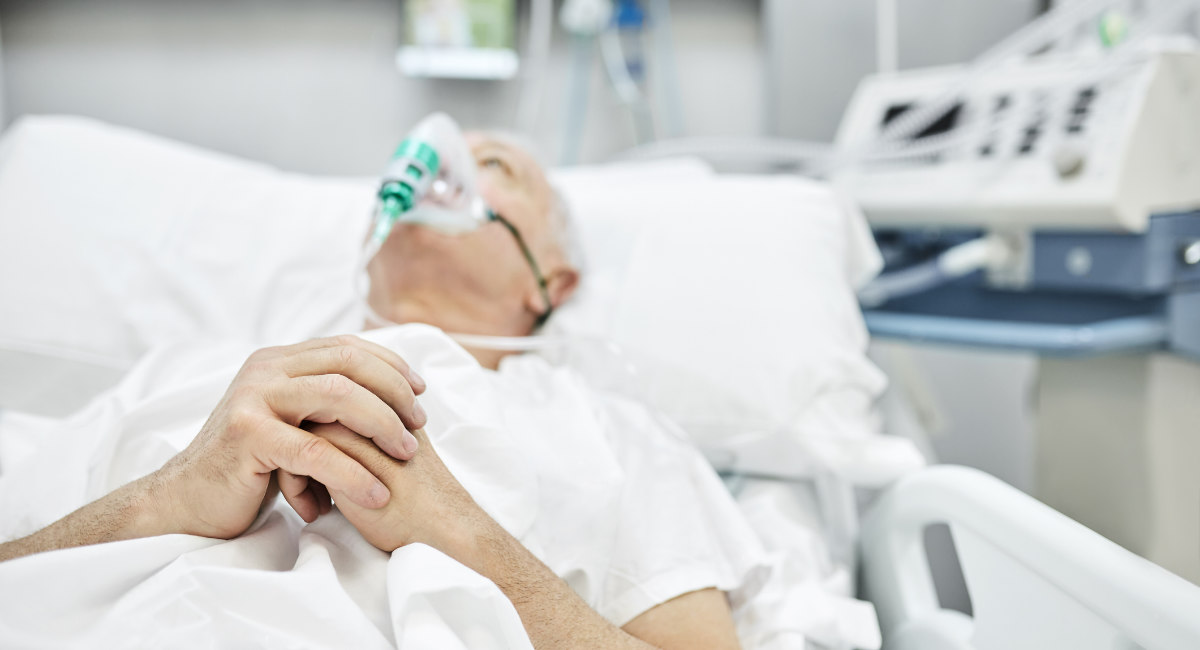A recent report published in The New Atlantis details that hundreds of euthanasia deaths in Ontario, Canada, have been committed in violation of the federal Medical Assistance in Dying (MAiD) laws, yet no criminal charges have been brought against the offenders.
The report, published by Alexander Raikin, a visiting fellow in bioethics at the Ethics and Public Policy Center, analyzed leaked documents which revealed that Ontario’s euthanasia regulators have tracked 428 cases of illegal euthanasia deaths through non-compliance since 2016.
According to Raikin, Dirk Huyer of the Office of the Chief Coroner is responsible for ensuring that all MAiD deaths follow the regulations and safeguards established to ensure that MAiD is not abused. However, after combing through reports leaked to him by three physicians, Raikin found hundreds of instances in which guidelines were not followed, in violation of MAiD laws. These “issues with compliance” varied, but included waiting periods that were not met, assessment notes that were not completed, and even patients who could not consent to their deaths.
Huyer’s office often responded to these violations with little more than an “informal conversation” with the practitioner or an “educational” or “notice” email. No violations resulted in a criminal complaint to authorities.
READ: ‘Faces of MAID’ social media campaign opposes Canada’s euthanasia program
One of the most blatant cases of abuse involved MAiD practitioner, Dr. Eugenie Tjan, who was, by all accounts, unprepared for committing a MAiD death. An inquiry into her incident notes her “lack of preparation, ignorance of MAID policies and procedures, use of the wrong drugs, and leaving the dying person’s bedside for over two hours to get further drugs, as the ones she had been using did not fully work.” The investigation into her conduct left Huyer himself noting, “it was just horrible.” Despite these findings, Tjan continues to work as a licensed physician who can commit euthanasia deaths, as long as she does so under the supervision of another physician.
Raikin’s report is extensive, and it lists a number of other issues; from 2016 to 2017, only 61% of physicians followed laws requiring them to report the use of MAiD drugs to pharmacies. Other euthanasia doctors ignored a 10-day waiting period due to “persistent requests” and “inconvenient timing of the death in relation to other familial life events.” Some concerns surrounded a patient’s capacity to consent to euthanasia, noting “incompatible or contradictory conclusions of capacity by MAID assessors in comparison to other documented clinical assessments in medical records,” and “variability in quality of assessments in cases of wavering capacity or evidence of impaired cognition.”
Huyer’s notes recognize the difficulty of assessing a patient’s capacity to consent after their death, recognizing “consequent challenges in determining the capacity of a patient seeking MAiD from an oversight perspective after death has occurred.” Though some euthanasia providers exhibited a “pattern of noncompliance,” none were ever reported to the police.
One email asked Huyer why authorities were never alerted to some of the more blatant violations. In reply, Huyer said his responses “‘are case specific and we look at each case wholistically,’ saying if ‘the MAiD process was overall appropriate’ and ‘the issue was isolated,’ then ‘we do not notify other organizations, e.g., regulatory bodies or law enforcement.'”
While Huyer’s office noted violations as soon as MAiD was first legalized in 2016, attempts by his office to rectify those violations through emails, conversations, and a leveled response system were clearly unsuccessful. By 2023, his office noted 178 compliance violations for that year alone — an average of one every day. By that year, one quarter of all euthanasia providers had received a violation notice.
Raikin’s troubling report reveals one of the biggest problems with so-called safeguards meant to prevent euthanasia abuse: they’re only as good as the oversight meant to ensure they’re being followed. As Raikin notes: “Oversight of euthanasia is meant to be ‘protecting vulnerable people from abuse and error,’ according to the Supreme Court of Canada. Instead it is protecting euthanasia providers from their abuse and error coming to light.”
Call on President Trump to pardon the FACE Act prisoners on his first day in office.







